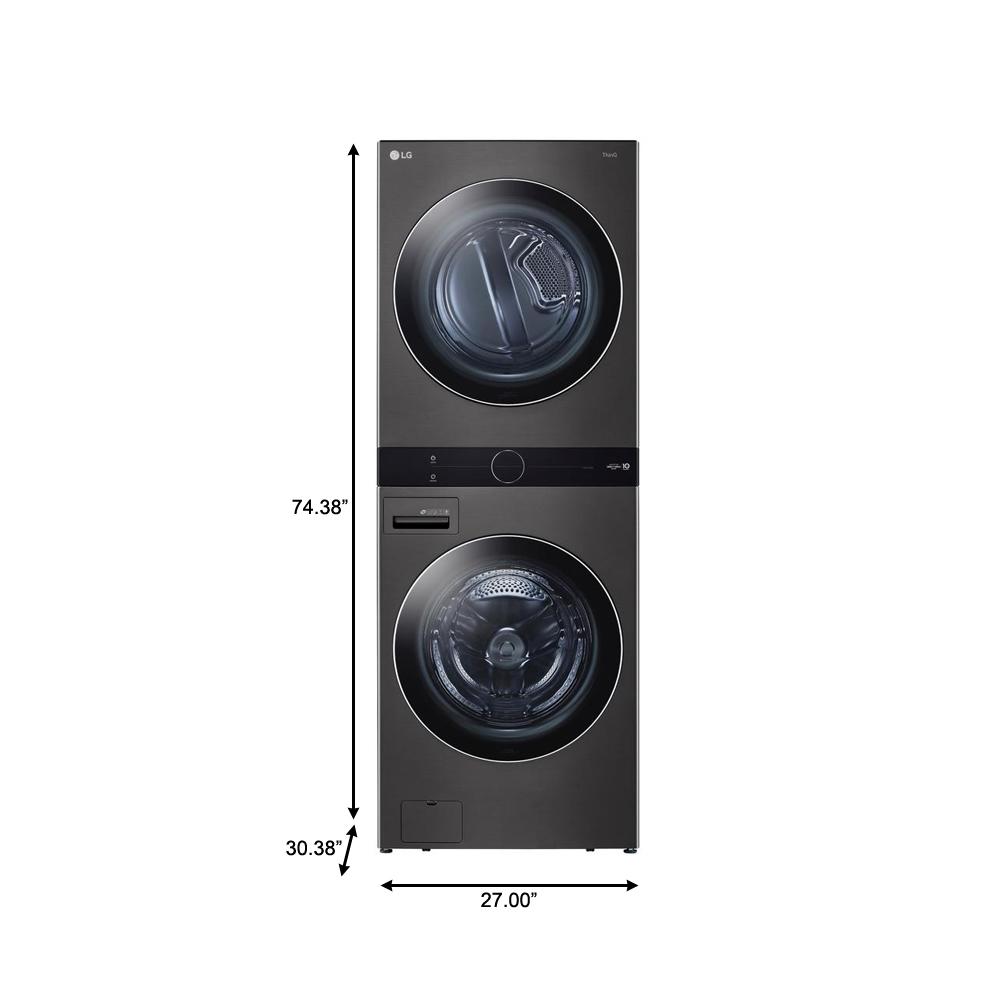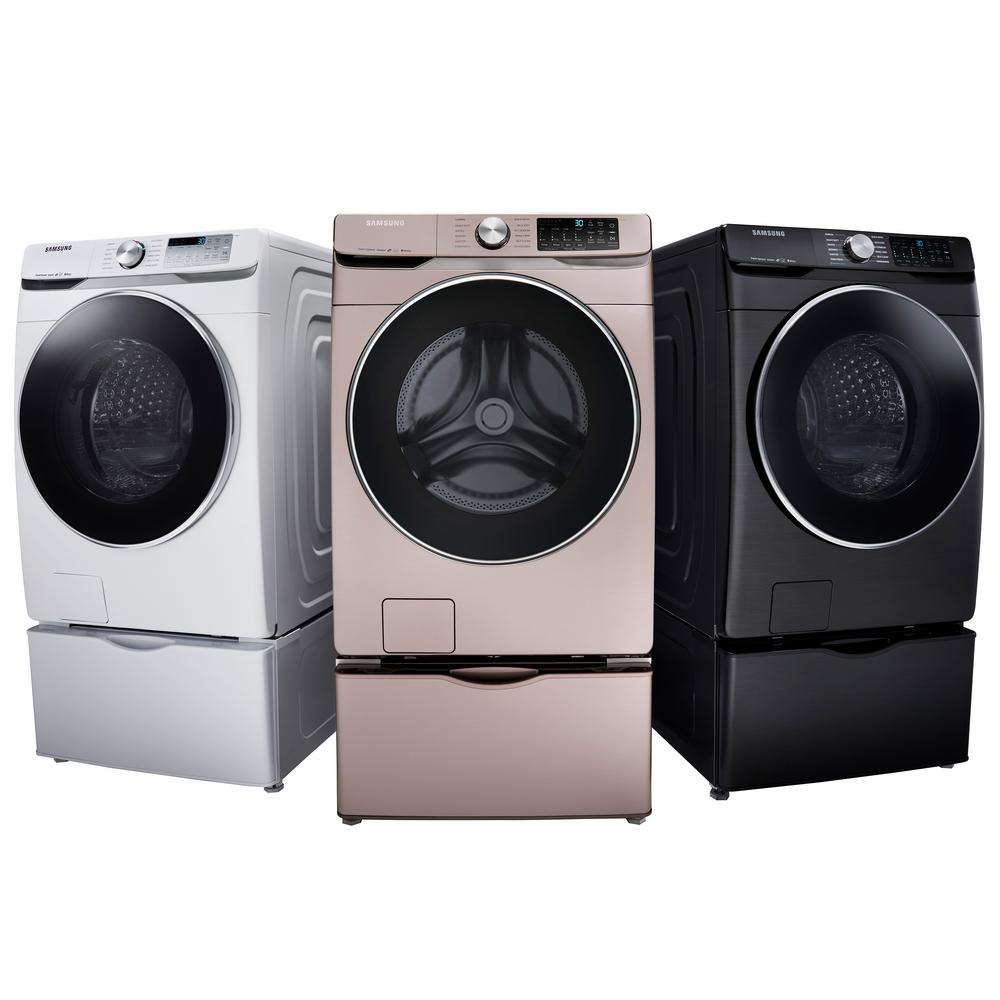Indesit My Time EWD81483WUKN 8Kg Washing Machine with 1400 rpm – White
8kg drum capacity – great for medium-sized households. 6 daily cycles for great results in less than an hour. Special programme helps you save water and energy.
Tackle the laundry pile in no time with this washing machine from Indesit. With an 8kg drum capacity, it’s great for medium-sized households. And you’ll be able to choose from six My Time cycles to clean your clothes in under an hour, including two for mixed fabrics, two for cottons, and one for synthetics – plus a 20 minute express setting if you’re in a rush. The Economy Wash is kind to the environment too, as it uses less water and energy while still leaving your favourite outfits spotless. It also comes with a gentle Wool Programme, so your pricey cashmere cardigan won’t lose its shape or softness.
- 8kg drum capacity – great for medium-sized households
- 6 daily cycles for great results in less than an hour
- Special programme helps you save water and energy
- Wool programme takes care of jumpers and scarves
- Dimensions (cm) – H85 x W59.5 x D57.2
Additional information
| Dimensions (cm) | H85 x W59.5 x D57.2 |
|---|






by Linda
Its very good, easy instructions, nice large drum for larger wash. I like the short wash for quickness. Spin speed is good.
by Onasis
Only had it a short time but first impressions are good. Very quiet with an excellent range of cycles to suit my needs. The digital timer let’s you know how longs left on the cycles which is handy. Very simple to adjust the spin and temp settings. The 8kg drum fits a whole bedding set. Fitting it was very simple, just remember to take out the transport bolts at the rear of the machine. Very happy with it.
by Roche
Brilliant cleaning. Both of the 59 minute washes cleans everything. It could do with being a little quieter perhaps but overall we are very happy with our purchase. Even the children’s clothes are cleaner and fresher.
by Sue
Great machine. Easy controls and settings. Very slightly narrower than some, so fits our tight gap. Had reliable indesit before. Door a bit stiff but is easing up already.
by Kath
Excellent value for money.
by Jackie
Good washing machine. My 2nd one from this company.. easy to use.